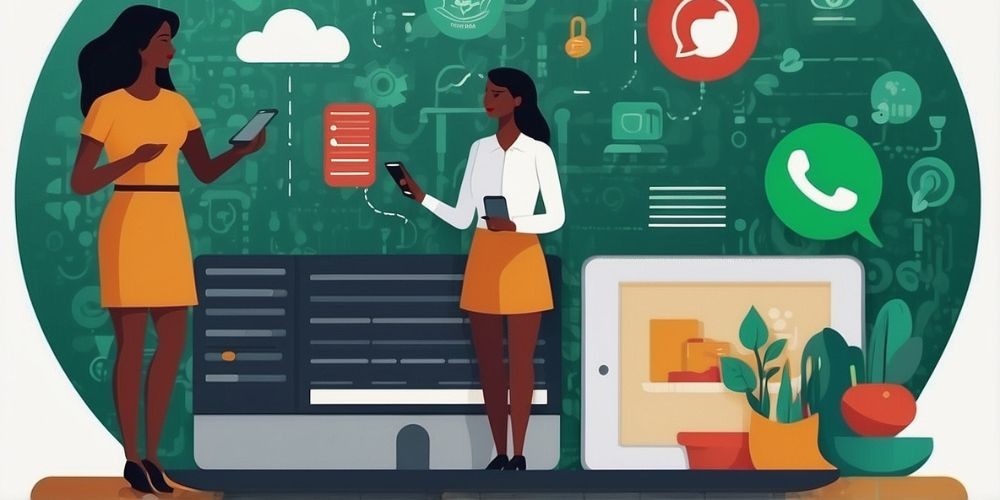WhatsApp Beta Introduces Voice Interaction with Meta AI and Double-Tap Message Reactions
- 2024-08-03 07:35

WhatsApp for Android is reportedly trialing a new capability for its recently integrated artificial intelligence (AI) chatbot, Meta AI. According to a feature tracker, this feature will permit users to send voice messages to the chatbot. In return, Meta AI is expected to respond to these messages, albeit in text format. This feature is being rolled out to a limited group of beta testers who will be the first to use it. It is anticipated that WhatsApp will extend this to a broader user base in the upcoming weeks.
As reported by WhatsApp feature tracker WABetaInfo, the voice messages feature for Meta AI has been observed in WhatsApp beta for Android version 2.24.16.10. Once rolled out, individuals enlisted in the Google Play Beta program will be able to access the chat interface by tapping on the Meta AI button and notice a new voice message icon.
Placed adjacent to the text field at the bottom, this icon resembles those found in other chats and groups. The feature tracker indicates that this will enable users to send voice messages to Meta AI. The AI will then process the audio input to comprehend the query and produce a text-based response. As of now, Gadgets 360 staff members have been unable to confirm its availability on the Android beta app.
This feature could prove beneficial in scenarios where typing out a lengthy query is impractical, yet information is still needed. Users who are frequently on the move might particularly appreciate this convenient function. While Meta AI has always been multimodal, capable of generating images, it has not yet included audio generation or processing capabilities. This update could possibly be the breakthrough that adds such functionalities.
In a separate development, WhatsApp for Android is reportedly experimenting with a feature to quickly react to messages by double-tapping them. This action is said to automatically add a heart emoji to the message. Similar features already exist on Instagram and Facebook. However, this functionality is currently in the beta phase and no timeline for its public release has been disclosed.





